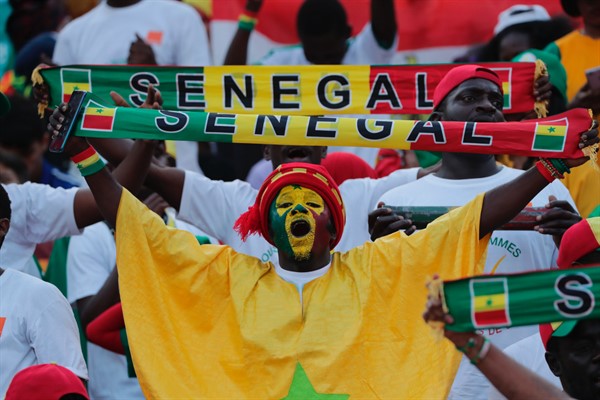Fear not, for this isn’t about to be yet another piece forecasting or making “predictions” about the new year. Rather, the intention of this newsletter is to follow up on my final edition of 2021, which took stock not only of lessons learned from having written this newsletter weekly for six months, but also of some of the key developments shaping African affairs last year. Those included the geopolitics of vaccines, military coups on the continent and Africa’s international relations with the world, particularly the great powers.
To that end, here is a rundown of four major trends, developments and events I will be watching that have the potential to shape the continent’s affairs in 2022.
Politics, politics and more politics. For South African President Cyril Ramaphosa, the current state of affairs is anything but encouraging. Just over a month after his ruling African National Congress, or ANC, experienced humbling losses in last year’s local elections, he was handed the burden of closing out the year as mourner-in-chief upon the passing of the revered anti-apartheid icon Archbishop Desmond Tutu on Dec. 26. A week later, on Jan. 2, South Africans woke up to news of a fire at the national parliamentary complex in Cape Town. Two days after that, Acting Chief Justice Raymond Zondo handed over to Ramaphosa the first of three parts of a report from the commission he led investigating allegations of state capture and fraud in the country’s public sector. There is considerable pressure on Ramaphosa and the ANC to act on the report’s recommendations, but he insists on waiting until all three parts have been handed over to him, while pledging to “step aside” from the implementation of the commission’s recommendations if he is directly implicated.

